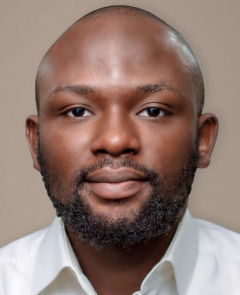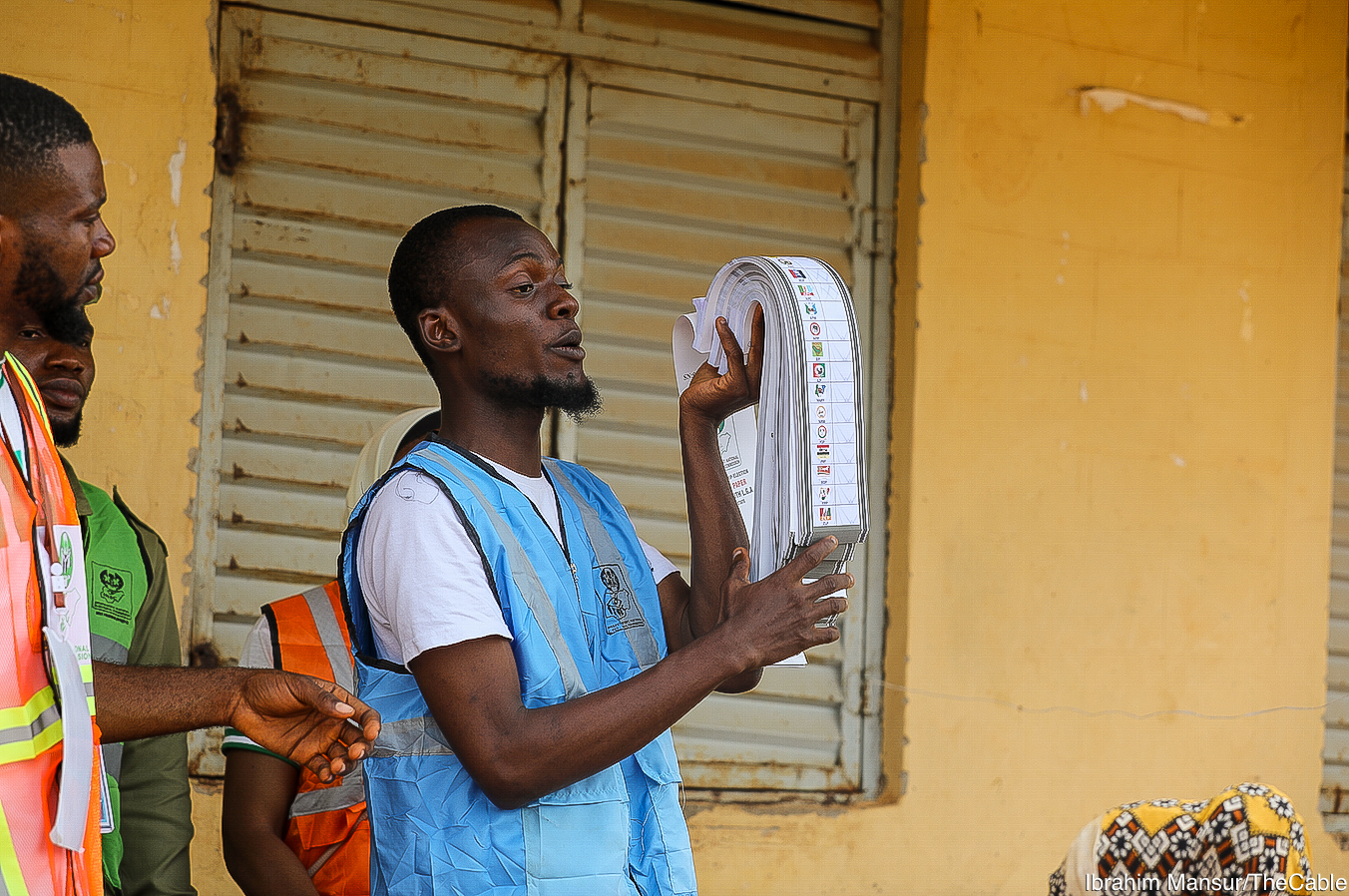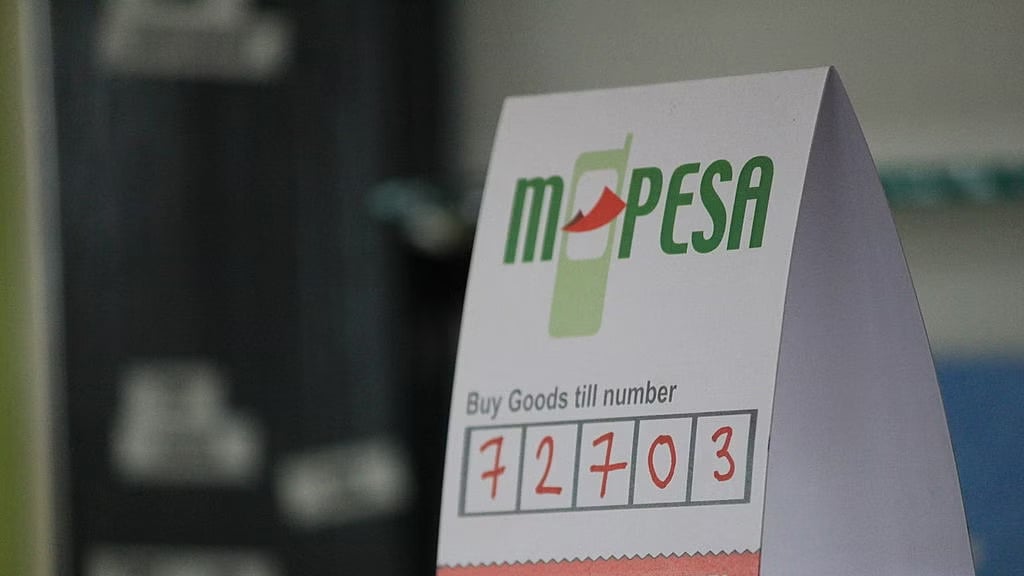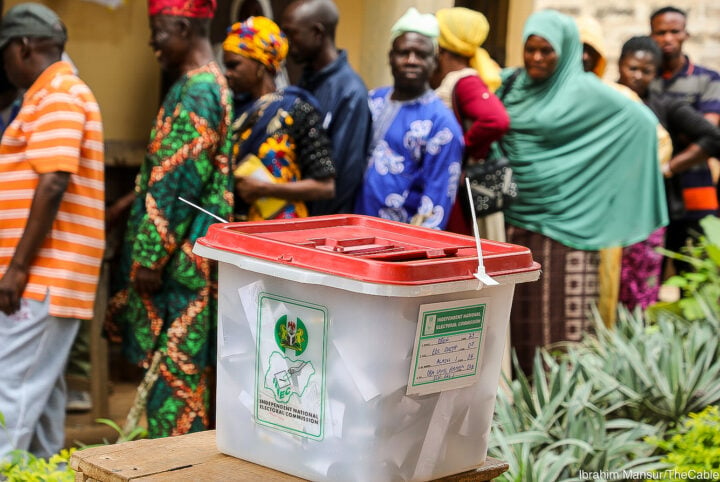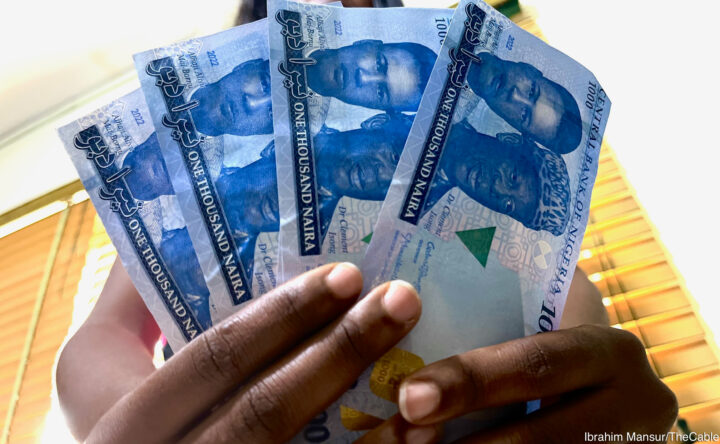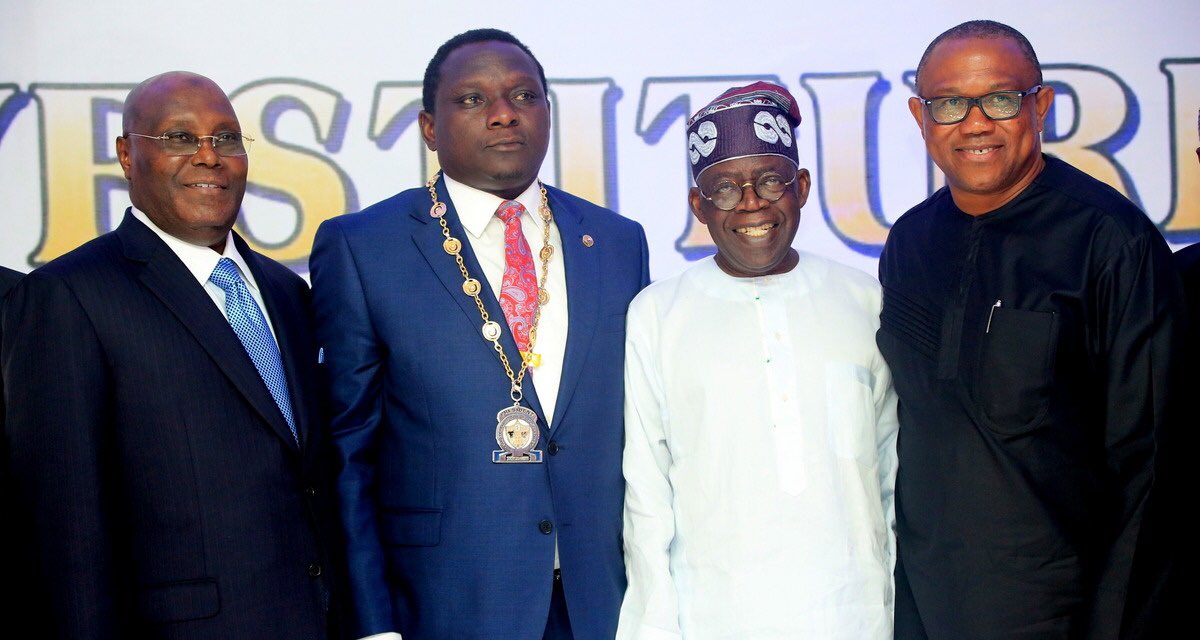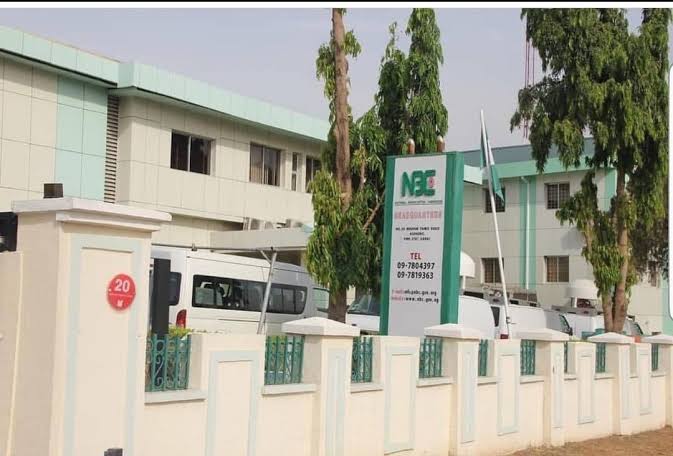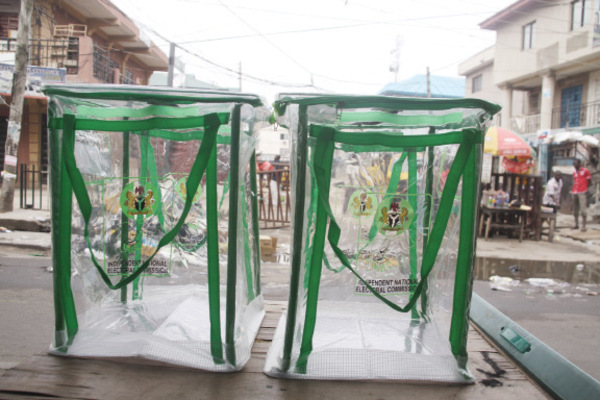We are only a few days away from perhaps the most consequential election since 1999. For context, Saturday’s election is the seventh electoral cycle and the second time, an incumbent would serve out his tenure and effectively become statute-barred.
For the avoidance of doubt, the election is effectively a 3-way contest between the candidates of the Labour Party, Peter Obi, the People’s Democratic Party PDP, Atiku Abubakar and the All Progressives Congress Bola Tinubu. The entrant of Obi into the race, who decamped from PDP to Labour Party in May 2022, has added new energy and vigour to the race. Some commentators have even described him as the only real third force that has emerged in a while, an impression that has fueled the feeling of a potential upset, especially because of the significant support he enjoys from the urban youth demography. However, Atiku Abubakar and Bola Tinubu, remain the candidates to beat, for obvious reasons, but not limited to their structure, political base, pedigree and experience gathered over the last 3 decades.
While elections can sometimes be down to preferences, in most cases such preferences can be mundane or even outright irrational. For example, some voters prefer a candidate because they are from the same village, tribe or share the same faith. For others the consideration can be even more jejune, whatever the consideration, the current state of the nation requires us to be more circumspect. Nigeria is in urgent need of leaders who have a clear direction on how to get us out of the current doldrums, this is why we must elect leaders squarely on the strength of their ideas.
For all that it is worth and irrespective of the outcome, my two cents is that Nigerians must manage their expectations. Like I have contended in similar intervention, Nigeria is in a big fiscal and monetary crisis that cannot be reversed in four years, our national debt is expected to hit 77 trillion by May 2023, inflation has gone off the roof, unemployment is at an all-time high, out of school children have more than doubled in the last eight years, while Banditry, kidnapping, terrorism and insurgency have made the country generally unsafe.
Advertisement
Government revenue has dipped as a result of oil theft and inability to meet OPEC production quota, more than 130 million Nigerians are in multi-dimensional poverty, petrol subsidy is growing and is projected to hit about 6 trillion by the end of the year, academic and health officials continue to protest their poor salaries and allowances, while the national grid continues to collapse causing general power failure. Despite the enormity of our challenge, Nigeria must make a choice on Saturday. This is why I have decided to summarily assess the manifesto of the three leading Presidential candidates, to help the undecided get an idea into the policy promises of the candidates that are looking to become Nigeria’s next president.
I have based my interrogation on five pillars, the first is their prognosis, policy objective, priority areas, novel proposals if any and summary. On a matter of general principle, the proposal of Atiku Abubakar is heavily tilted towards mainstreaming private sector participation, Bola Tinubu believes in the role of government as big brother (government making huge spending), while Peter Obi advanced the equal participation of government and private sector, although with greater leaning towards the role of government.
Peter Obi’s pact with Nigerians has seven priority areas, security, production centred economy, restructuring, digital economy, infrastructure, human capital and diplomacy. According to Peter Obi and his running mate Datti Baba-Ahmed, the problem with Nigeria is what they described as elite capture. They believe that for Nigeria to change, we must change our political leadership. According to them, only a new political class can reverse the curse (resource curse) and lead the country to a future of prosperity, freedom and security. They committed to adopt the ethics of servant leadership, a clear heart and skillful hands, under the principle of democratic citizenship.
Advertisement
Key promises include to leverage the comparative advantage of the 36 states and the FCT across the Agricultural value chain to achieve productivity and value added export, institute mandatory national certification for blue collar jobs, implementation of the Oransaye report on the consolidation of government agencies, introduce the principles of performance auditing to promote government and MDAs accountability, generate 25, 000MWs of electricity by 2025, provide health insurance cover for 133million Nigerians. I especially find the ideas on maximising the blue economy quite unique. Although I would have wanted them to speak in more specific terms to the issue of subsidies, other than the general commitment to remove unaffordable subsidies.
In Atiku Abubakar’s covenant with Nigerians, he believes that the challenge with Nigeria is the failure of leadership in the management of the state. According to the former Vice President, development challenges have worsened and assumed frightening dimensions. He highlighted five major challenges, bordering on disunity, insecurity, poor management of the economy, poor education and an unwieldy federal structure. Atiku touted his record as vice president, where he led the liberalisation of the economy, and a private sector revival strategy.
Atiku’s manifesto is based on a five point development Agenda, to restore Nigeria’s unity, provide security, strong economy, devolution of power and improve education. Key promises include to raise GDP per capita to $5000, by 2030, provide 3 million jobs and lift 10 million people out of poverty annually, support the manufacturing sector to contribute 30% to GDP from the current 9%, double infrastructure stock from current 35% to 70% of GDP, generate 25,000MWs of electricity, construct 1 Million housing units and about 70 km of road.
At the heart of the Atiku plan, is the promise to break government monopoly in key sectors especially infrastructure and allow the market to guarantee price stability, as an effective way to address arbitrage and multiple exchange rate regime. Atiku believes that the work of government is to provide the legal and regulatory framework that can enable the private sector to drive growth.
Advertisement
Bola Tinubu’s renewed hope is based on the fact that the Nigerian people constitute the country’s most valuable asset and are entitled to the benefits of progressive good governance. He outlined a number of policy focus, including National Security, Economic Prosperity, Agriculture, Power, Healthcare, Digital Economy, Sport and Entertainment, Youth Empowerment and Entrepreneurship, Women Empowerment, Social Programmes, Oil and Gas, Transportation, Education, devolution of power and foreign policy.
Key promises include to grow the GDP by 10%, jettison dollar based budgeting for growth based budgeting, increase cultivated land to 65%, consolidate the Presidential Power Initiative, invest in Universal Health Coverage to ensure nobody lives more than 3km or 30minutes walk from a primary health facility, health insurance for 40% of the population within 2 years, job matching programme as part of NYSC reform to address graduate unemployment, Presidential fellowship scheme to encourage youth participation in governance, establish an MSME academy, phase out subsidy, redirect subsidy to fund infrastructure and social programmes, pilot a student loan regime, and transfer VIP Protection to Nigeria Security and Civil Defence Corps (NSCDC) as part of efforts to reposition the police.
Tinubu reinforced his belief in the role of government as the big brother, making huge spending in infrastructure that can guarantee Investment, jobs and the creation of wealth.
Whatever the outcome of Saturday’s poll, it is my singular prayer that Nigeria would be better for it and that ultimately the new leader would press us forward towards our greatest destiny and reclaim our place as the greatest African nation.
Advertisement
Awogbenle is an author and communications professional.
Advertisement
Views expressed by contributors are strictly personal and not of TheCable.
Add a comment
